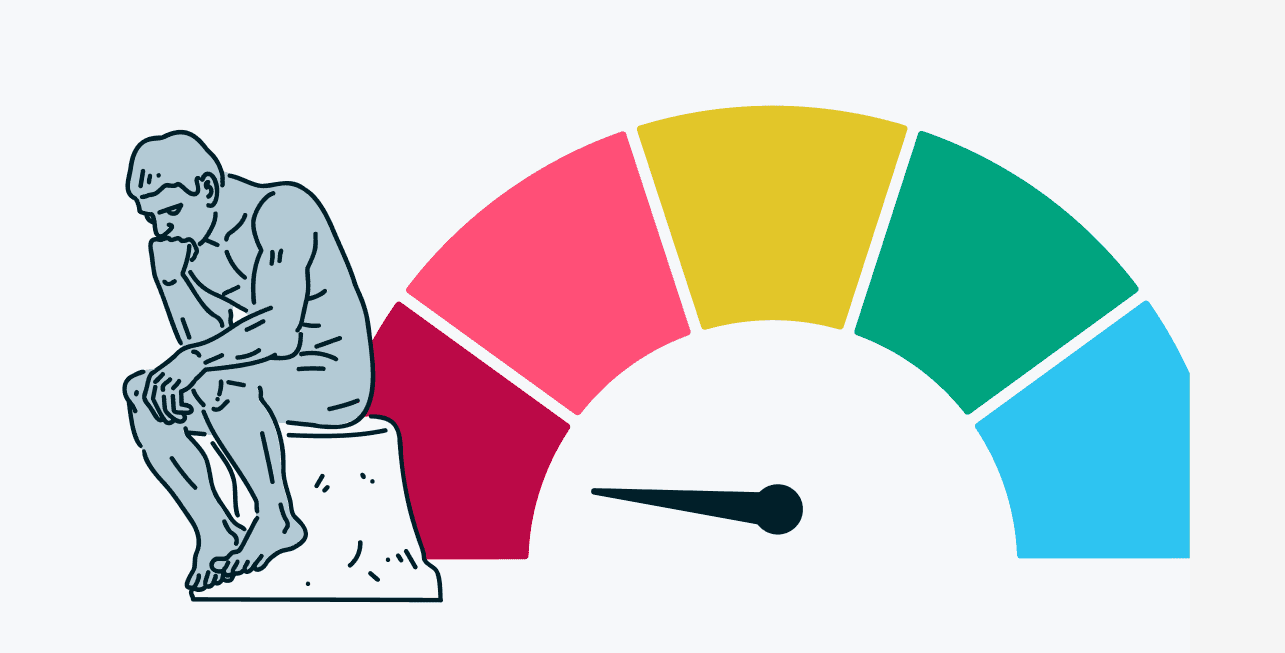Apr 11, 2018
Lying About Money: When in Debt, Tell The Truth
When you lie about money, you violate a fundamental trust in your relationship.

When I first met Trevor, I was a little skeptical. He was much shorter than his dating profile said. But I reminded myself that most guys lie about their height—it’s almost a reflex for any man under six feet.
With this in mind, I let the height fib slide, and we continued seeing each other. After all, I didn’t mind dating a guy who was an inch shorter than me. And I liked that Trevor had a career as a web coder.
I’d been accustomed to dating broke guys who thought a 401K was some sort of dental implant, and it was such a relief to finally find someone who had a salaried, grown up job, like I did at the time.
And so it was a surprise, but not a complete shock, when Trevor said he’d made us a reservation at one of the most expensive restaurants in the city. I figured it was a romantic gesture—a sign we were getting more serious.
“Little lies now,” I thought. “Bigger lies later.”
Dinner was fantastic. After the waiter took our empty plates, I excused myself to the restroom, which was bigger and cleaner than my entire apartment. When I returned to the table, the waiter came by with the check and said, “I put the entire bill on the [gift] certificate. Is that what you wanted?”
Trevor turned bright red, slammed the check down and scribbled what was probably a very bad tip. He took my hand we hustled out.
“What just happened?” I asked.
He looked back at the restaurant. “Why did that waiter blow my cover?”
I was still utterly confused. But my confusion turned to disgust when I realized that he wanted me to think he was spending his own money when it was really a gift certificate from his wealthy parents.
The gift certificate itself didn’t bother me. I’ve used coupons for items under $3. I have no shame. But what stuck in my craw over the days that followed was that Trevor had intended to hide something from me.
I never fully trusted Trevor after the night of the gift certificate. I realized that for Trevor, image was more important than financial honesty. That fact made my stomach turn, and we broke up shortly after.
You may think I’m nuts for making such a big deal out of a dinner, but before Trevor, it had never occurred to me that people might not be honest about their finances. But it happens all the time.
Big debts, big secrets
And if I thought lying about a gift certificate was bad, I wasn’t prepared for the many people who keep mountains of debt from their partners. A recent study by Student Loan Hero revealed that, among people with more than $6,000 in credit card debt, 32% of of them lie about it to their partners.
Why lie?
Among those who’ve lied, 59% said shame or embarrassment played a role. More than a third said they kept their secret so their partner wouldn’t nag them, 30% didn’t want to start an argument, 28% feared it’d be a deal-breaker, and 20% reported that they were, at least in part, in denial about their debt. (Note: Respondents were allowed to select more than one reason for lying.)
Denial played a part with Matt Storrs, a lawyer in Queens, who didn’t tell his ex-wife about his mounting credit card debt because he thought a tax refund would negate it. When the refund didn’t cover the secret $5,000 debt, he came clean, and his then-wife was hurt.
“I felt destroyed by how it made her feel. Our relationship’s foundation had a lot of cracks, but this experience was the major rift that splintered those cracks,” Matt said. “Our trust crumbled.”
Be honest with each other
Ben Luthi, the lead researcher for the Student Loan Hero study echoed the sentiment that when you lie about money, you violate a fundamental trust in your relationship.
“As a couple, whether or not your finances are separate or together, there’s still a ‘we’re in this together’ type thing,” he said.
Luthi says one way to avoid the trap of getting into secret debt is to set financial goals with your partner. If you’re both working toward the same goal—buying a house, for example—you’re less likely to go over your personal budget.
“The biggest thing is to communicate,” Luthi said. “Sometimes you’ll do anything to avoid an argument because those are unpleasant, [but]in my experience … it ends up not being as bad as you think.”

Investing made easy.
Start today with any dollar amount.
Related articles

borrowing
Oct 14, 2024
How To Use Personal Loans

borrowing
Oct 07, 2024
Cash Advances vs. Personal Loans: Which is Better?

borrowing
Oct 07, 2024
How To Use Cash Advances

borrowing
Oct 07, 2024
How To Pay Off a Cash Advance Quickly

borrowing
Oct 07, 2024
What To Know Before Taking a Cash Advance

borrowing
Oct 07, 2024
How to Avoid Cash Advance Fees
By using this website you agree to our Terms of Use and Privacy Policy. To begin investing on Stash, you must be approved from an account verification perspective and open a brokerage account.
